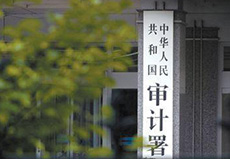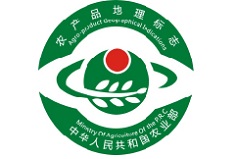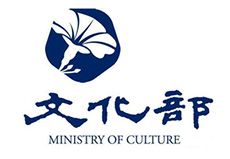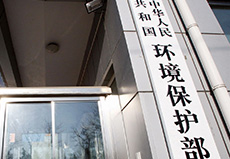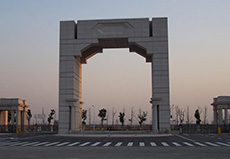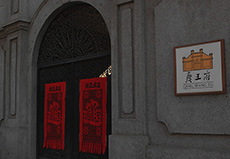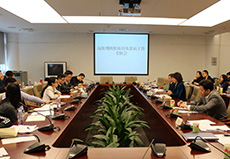

In 2006, NJA developed the first version of Chinese e-passport COS with independent intellectual property right, compliant with ICAO standards. Meanwhile, NJA assisted with its partner, Shanghai Mite Specialty& Precision Printing Co., Ltd(state-owned), to design e-passport produce management software, thus, installation, adjustment and second-development of production line.
In 2008, NJA developed the first Chinese e-passport application system software, which got great reputation by the Consular Department of MFA and experts in the industry.
In 2009, China began to issue e-passport after the approval of the State Council. In the same year, as the “Security Consortium”, NJA awarded the“e-Passport Security Management System for the Consular Department of the Ministry of Foreign Affairs” project, and provided “e-Passport Core System Software”.
In 2010, approved by the Consular Department, NJA was titled the chief integrator and the“Security Consortium”to implemented e-Passport of Consular Department of MFA of China.
The e-passport project of MFA covers 31 provincial units, over 10 embassies units, municipal information collection offices and thousands of self-running units, delivering a premium service to dozens of million official visit personnel. Through years of experience in this field, NJA organized and led an e-passport-based industrial cooperation alliance, members cover solutions, appliances and services of e-passport production, issuance and application, forming a strong ecosystem of travel document for entering global market.
By the end of 2012, the first phase of the electronic service passport for the Ministry of Foreign Affairs had completed and achieved nationwide issuance of e-passport for public affairs.
Now the private e-passport network has expanded to 60 foreign affairs offices and some of the municipal foreign affairs offices have been set up. Thus, the central e-passport data center and distribute deployment system of 60 above-mentioned nationwide provincial and municipal foreign affairs offices have been set up as well.
The implementation of e-passport will greatly enhance the anti-counterfeiting ability of passports and the winning rate of citizens' visa, safeguard country's international reputation and improve citizens' overseas travel experience.
The application of e-passport will also help to mitigate the risks of forgery, alteration, duplication and fraudulent use, and effectively prevent potential terrorist organizations from infiltrating country through forging passports and visas. This will provide strong guarantees for country's national security, and also mark the advanced informatization level of China's consular affairs service.

The intelligent travel document authentication device, has been widely implemented on most of nationwide border control stations to verify the authenticity of documents, including Beijing General Station of Exit and Entry Frontier Inspection, Shenzhen General Station of Exit and Entry Frontier Inspection, Shenzhen Shatoujiao Frontier Inspection Station, Zhuhai General Station of Exit and Entry Frontier Inspection, Xiamen Gaoqi Frontier Inspection Station, Xiamen Tongyi Frontier Inspection Station, Nanjing General Station of Exit and Entry Frontier Inspection, Jiangsu Huaian Frontier Inspection Station, Hainan Sanya Fenghuang Frontier Inspection Station and Yunnan Hekou Frontier Inspection Station...
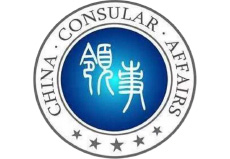
The intelligent travel document authentication deveice is widely deployed in embassies and consulates of the Ministry of Foreign Affairs.
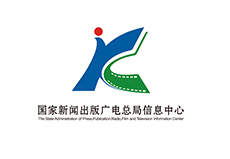
The State Administration of Press Publication, Radio, Film and Television is a unit directly under the State Council, its subordinate units include radio, film, television stations and public institutions, all foreign affairs are handled by the inside general administration. Every year the general administration and its subordinate units generate about 1500 new passports, over 600 overseas visit groups and more than 4000 people visit. Although the foreign affairs management system was initially established, but with the continuous increase of foreign affairs, the original system has become increasingly unsuited to the requirements of foreign affairs. The difference between the system and demand was getting bigger and information inquiry and statistics was incomplete, thus caused lots of manual operations.
To solve this problem, in July 2014, the State Administration of Press Publication, Radio, Film and Television granted NJA to undertake the construction of its foreign affairs management system. The system integrated group management, document management and data report functions together, and was centralized-deployed on the current network, and realized the informatization management of foreign affairs for the general administration and its 21 subordinate units. The system made it possible to connect with the Ministry of Foreign Affairs authorized public network through Internet, met the e-passport second construction requirements, and also realized automatic affairs data report.
This system enhanced informatization class of foreign affairs for the State Administration of Press Publication, Radio, Film and Television, standardized business process, improved processing efficiency, has been highly recognized by users.


